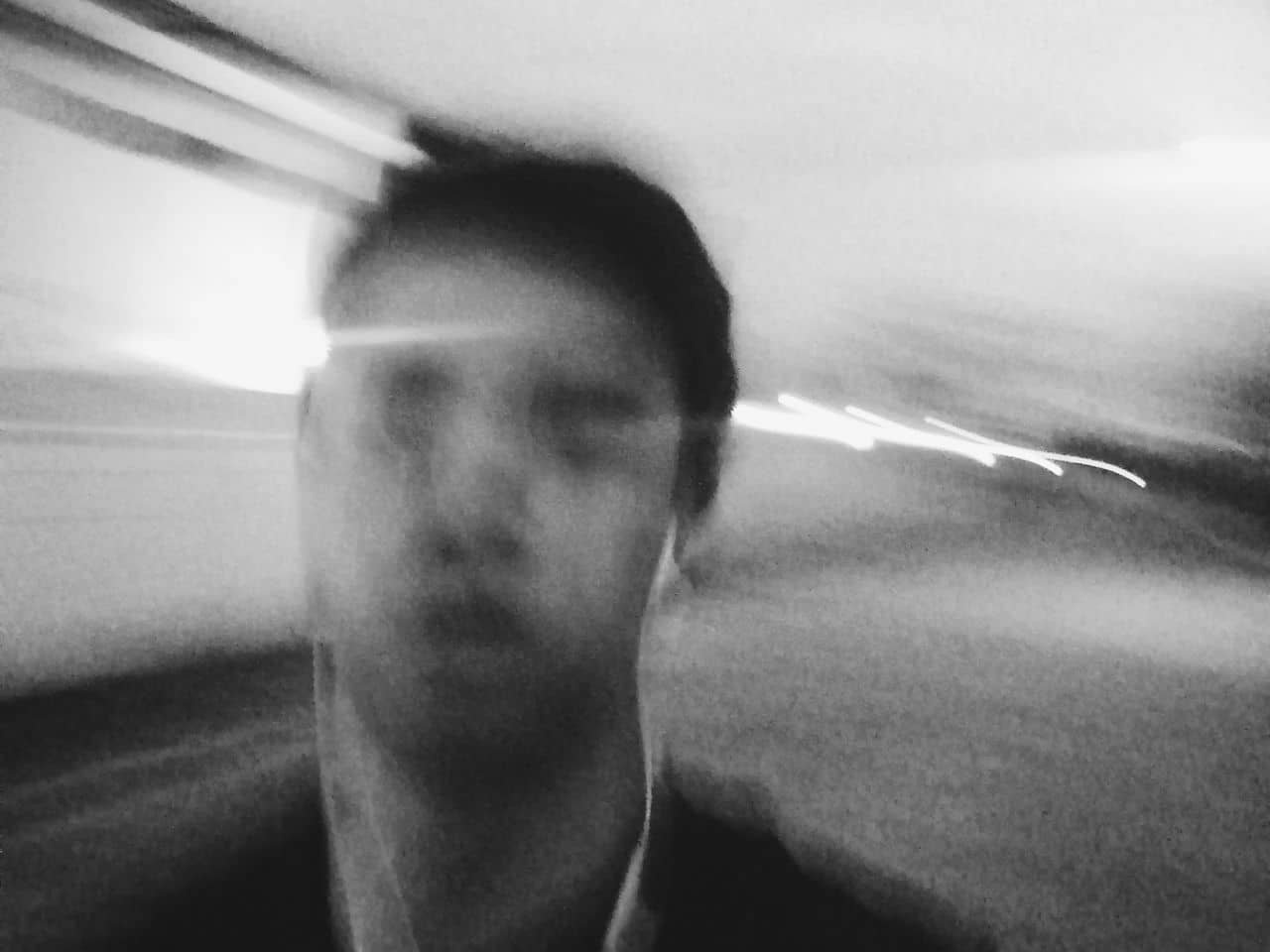Being on lockdown reminds me of the five stages of grief. I remember learning about the these stages for the first time in a psychology course from college. DABDA, I recall writing the mnemonic on my notes. DABDA, easy enough to remember. DABDA. Denial, Anger, Bargaining, Depression, Acceptance.
As we go through these stages ourselves later on, we learn that grief hardly ever follows DABDA. At least in my experience, DABDA is a lie I used to tell myself to cope with grief. “Alright, I’m feeling pretty depressed. I must be getting close to acceptance.” Not really.
In truth, there is no DABDA, but there might be a DABAADBAAAADABABDBA…
Life in the world’s longest lockdown is a similar experience. I bargain with COVID at least four times a week. Many days, I wake up angry knowing I’m about to witness another Groundhog Day. And I yo-yo between moments of depression and acceptance, all while remaining in denial of how long this lockdown will probably go on for.
But today was a slightly different sensation. About to wake my face up with a splash of cold water, I look at myself in the mirror, and I see a long-overdue need for a haircut and a shave, skin paler than I’m used to – “get me some sun!” my skin screams – and a look of confusion. I notice the invisible outline that surrounds my body. And in a very metaphysical sense, I notice my own body.
I’m aware of how odd that sounds, and it is an odd feeling. I notice my body.
And then comes a rush, as if I were transported back into my body from another dimension just a moment ago. I notice being in my body – almost stuck in it – and the fact that I have been in this same body since the day I was born. And for as long as I’m alive, every experience, every new love, every loss, every new taste is to be felt, seen, touched, inhaled through this body, the same one I was born with two decades ago.
I am aware of myself as this thing that is a part of the world, but at the same time, seeing the world through this amalgamation of meat, bones, and blood, all covered and held in place by a layer of skin and hair.
I am aware of its fragility, its being separate from the rest of the world, its longing to be among other warm, skin-covered skeletons.
One minute, it’s a freeing experience. I am independent, conscious, a space for potential. The next minute, however, I feel stuck and claustrophobic. I don’t feel the need for an escape, at least not yet. But if I did, there’s nowhere to run to, and having that option taken away just means more claustrophobia. DABDABDBABADBAAA.
Is this just the isolation getting to me? Is it all the bad news from every corner beyond this house? Is it all in my head? How much of being here is simply being in our bodies? How much of wanting to be somewhere else is wanting to be someone else?
In times like this, I find solace in knowing that besides the obvious physical spaces that we are naturally accustomed to occupy, there are other dimensions of space that are always available to us. My favorite as of late: in between the pages of already read books.
Seneca’s letters are a constant on my table. Among all of his letters to Lucilius, Letter XXVIII is one I go back to more often than others. The letter centers on advice regarding solving our problems by traveling to another place. It’s a fitting reminder:
“A change of character, not a change of air, is what you need. Though you cross the boundless ocean, though to use the words of our poet Virgil,
Lands and towns are left astern,
whatever your destination you will be followed by your failings. Here is what Socrates said to someone who was making the same complaint: ‘How can you wonder your travels do you no good, when you carry yourself around with you? You are saddled with the very thing that drove you away.'”
When there is nowhere to go, the logical alternative is to go inward. What might lie in the tight spaces between muscle and bone?
Seneca continues:
“And if you want to know why all this running away cannot help you, the answer is simply this: you are running away from your own company. You have to lay aside the load on you spirit. Until you do that, nowhere will satisfy you.”
“Once you have rid yourself of the affliction there, though, every change of scene will become a pleasure. You may be banished to the ends of the earth, and yet in whatever outlandish corner of the world you may find yourself stationed, you will find that place, whatever it may be like, a hospitable home. Where you arrive does not matter so much as what sort of person you are when you arrive there. We ought not, therefore, to give over our hearts for good to any one part of the world. We should live with the conviction: ‘I wasn’t born for one particular corner: the whole world’s my home country.'”
As a workaholic who craves progress in whatever shape or form (not the healthiest trait, I know), it’s comforting to know that there is work to be done, albeit internally. There are places inside that I have yet to know, let alone understand. There is somewhere to go from here.
Maybe, the only real escape is to dive even deeper. Maybe.
I’m reminded of an American folk tale, which I first read in some book. I can’t recall which book, but I’m glad to have found it in this site online. This might be a good place to rest this train of thought:
A traveler came upon an old farmer hoeing in his field beside the road. Eager to rest his feet, the wanderer hailed the countryman, who seemed happy enough to straighten his back and talk for a moment.
“What sort of people live in the next town?” asked the stranger.
“What were the people like where you’ve come from?” replied the farmer, answering the question with another question.
“They were a bad lot. Troublemakers all, and lazy too. The most selfish people in the world, and not one of them to be trusted. I’m happy to be leaving the scoundrels.”
“Is that so?” replied the old farmer. “Well, I’m afraid that you’ll find the same sort in the next town.”
Disappointed, the traveler trudged on his way, and the farmer returned to his work.
Some time later another stranger, coming from the same direction, hailed the farmer, and they stopped to talk. “What sort of people live in the next town?” he asked.
“What were the people like where you’ve come from?” replied the farmer once again.
“They were the best people in the world. Hard working, honest, and friendly. I’m sorry to be leaving them.”
“Fear not,” said the farmer. “You’ll find the same sort in the next town.”

